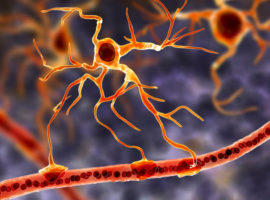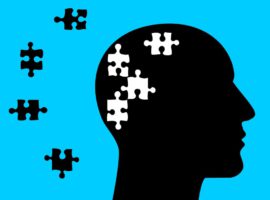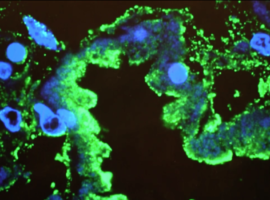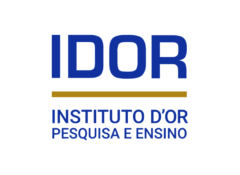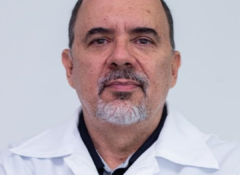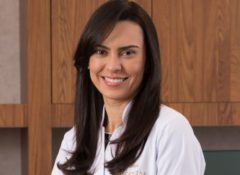Stevens Rehen is a neuroscientist at the D’Or Institute for Research and Education (IDOR) in Brazil, and serves as a Research Fellow at both Promega Corporation and the Usona Institute. He is an Affiliated Member of the Latin American Academy of Sciences and the Academy of Sciences for the Developing World (TWAS). Among his honors are the National Order of Scientific Merit (Commander, Brazil) and the PEW Latin American Program Fellowship in Biomedical Sciences. He holds an unpaid professorship at the Federal University of Rio de Janeiro and has been recognized with the International Fiocruz Servier Award for Neurosciences and a Fulbright Visiting Professor Award. Stevens Rehen is Member of the Committee of the Museum of Tomorrow. He also served as President of the Brazilian Society for Neuroscience and Behavior. His current research focus is on the effects of psychedelics on human cerebral organoids and Caenorhabditis elegans.
Keywords: human induced pluripotent stem cells; brain organoids; neurospheres; neuroscience; Zika virus


